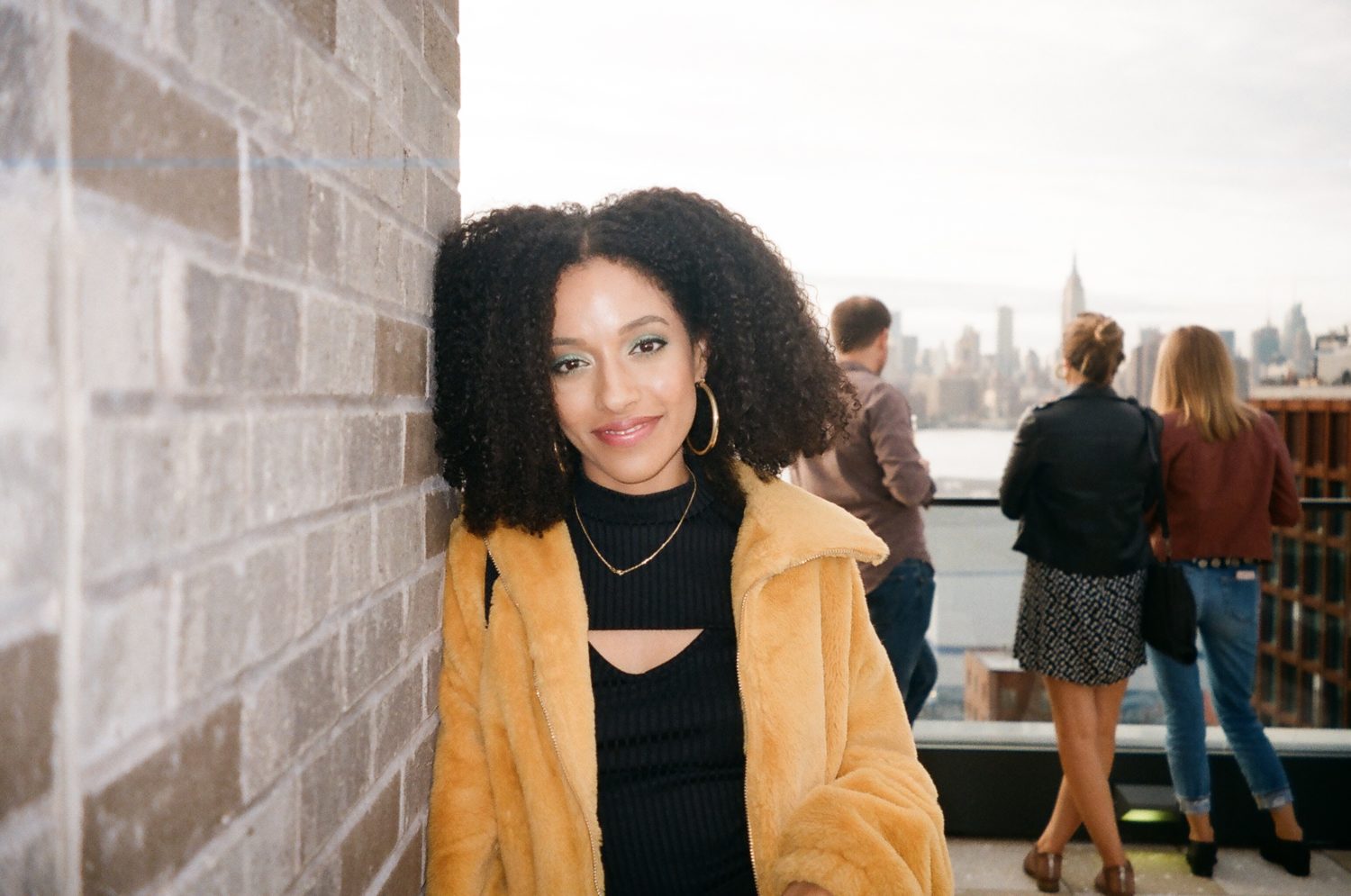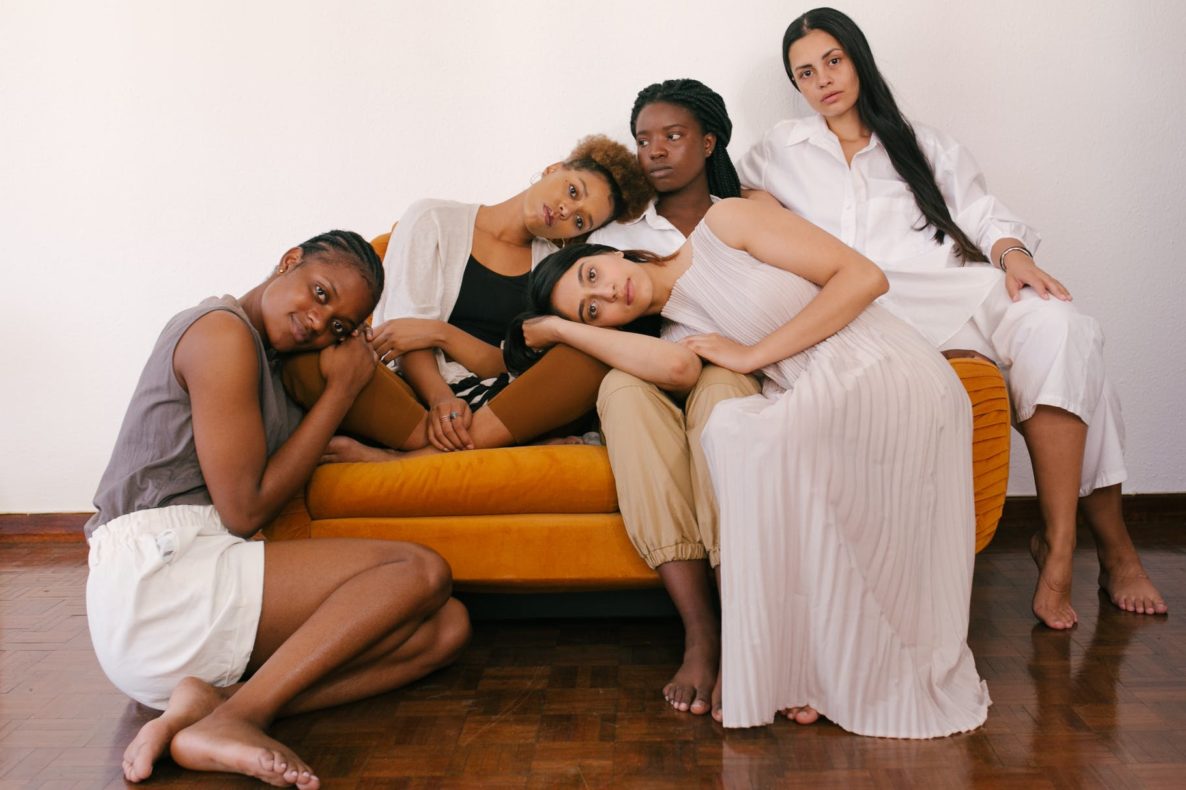To tell you why I, personally, started therapy, I’d have to start with childhood. As a child, like so many, I was exposed to several hardships that caused trauma: poverty, abandonment, abuse. All of these experiences shape how I understand and interact with the world.
Around the time that I sought out therapy, I had just moved back to New York City after living in Philadelphia for college and work, I had just started a new (and extremely unhealthy) relationship, I had just had a falling-out with some friends I was community organizing with, and I had just started a hormonal birth control pill that was not compatible with my body. I was depressed and ideating suicide (which I later found out is extremely common). I felt alone, and constantly sensed the trauma of my childhood on the surface of my mind.

The first therapist I met with was stale; she listened but offered no psychological insight into what I was going through, and didn’t give me any tools to support my emotional wellbeing. I found our dynamic — me sitting on her couch expressing dark feelings I had never shared with anyone, and her responding with “mhmm” and “that’s really hard” — to be humiliating. Many providers, unfortunately, are like this. The next therapist I found has been my therapist for five years.
I think the biggest transformations have taken place inwardly; my ability to deal with trauma better than I have in the past, to see where childhood experiences have created unhealthy patterns that still affect me, recognizing my resiliency and how I’ve been able to stretch and bend in ways that maybe aren’t sustainable.
During childhood, I wasn’t given all of the tools I needed to feel secure and nourished, and one of the most profound things my therapist taught me is that children are often able to take the little bit that they have and stretch that into what feels like enough.
Our brains try to protect us, and as children we need to feel a sense of belonging even if our conditions don’t totally support that. This pattern helped me survive childhood in a lot of ways, but in adulthood, you can probably guess where this would be an issue. As an adult, I’ve often found myself in friendships and relationships where I’m not getting enough reciprocation, enough commitment, enough care. That’s because I’ve learned how to make a little bit feel like a lot.
One of the greatest things therapy has given me is the ability to recognize situations that are draining, and to seek more nourishing and meaningful relationships.
In developing self-awareness, I’m more able to empathize with and understand others’ motivations without making excuses for them.
If someone is harming you, you can make excuses for them for the rest of your life, or you can say “this person is this way because of [this] reason, but I do not deserve this treatment, and now I’m going to figure out how to make this situation safer for myself and/or walk away from it.”

People (myself included) say this a lot, but everyone should go to therapy if they can. Our world in general, and this country specifically, does not have an infrastructure that allows for people to get the mental health care that they need, so that’s easier said than done. Therapy is ridiculously expensive unless you’re able to find a provider who accepts insurance (if you have it) or offers service on a sliding-scale. Also, not every therapist has the same style of treatment, and finding a provider who is compatible with us is not always easy.
I’m a huge believer in therapy partly because it’s made me more equipped to handle the reality that life is fucking hard! Sometimes it’s absolutely terrible! A weekly meeting to affirm my thoughts and feelings and to help me make sense of them, has been transformative. Having the tools to recognize what is meaningful to you, what brings you joy, what feels nourishing, is key to survival.
“I Thought I Knew You” is a Peek Mag series aimed at raising awareness for women’s health and specifically The Loveland Foundation, which provides financial assistance to Black women and girls nationally seeking therapy.
P.S. There’s More
- Rachel Cargle’s The Loveland Foundation
- TV writers on building empathy
- More from the ‘I Thought I Knew You’ series
